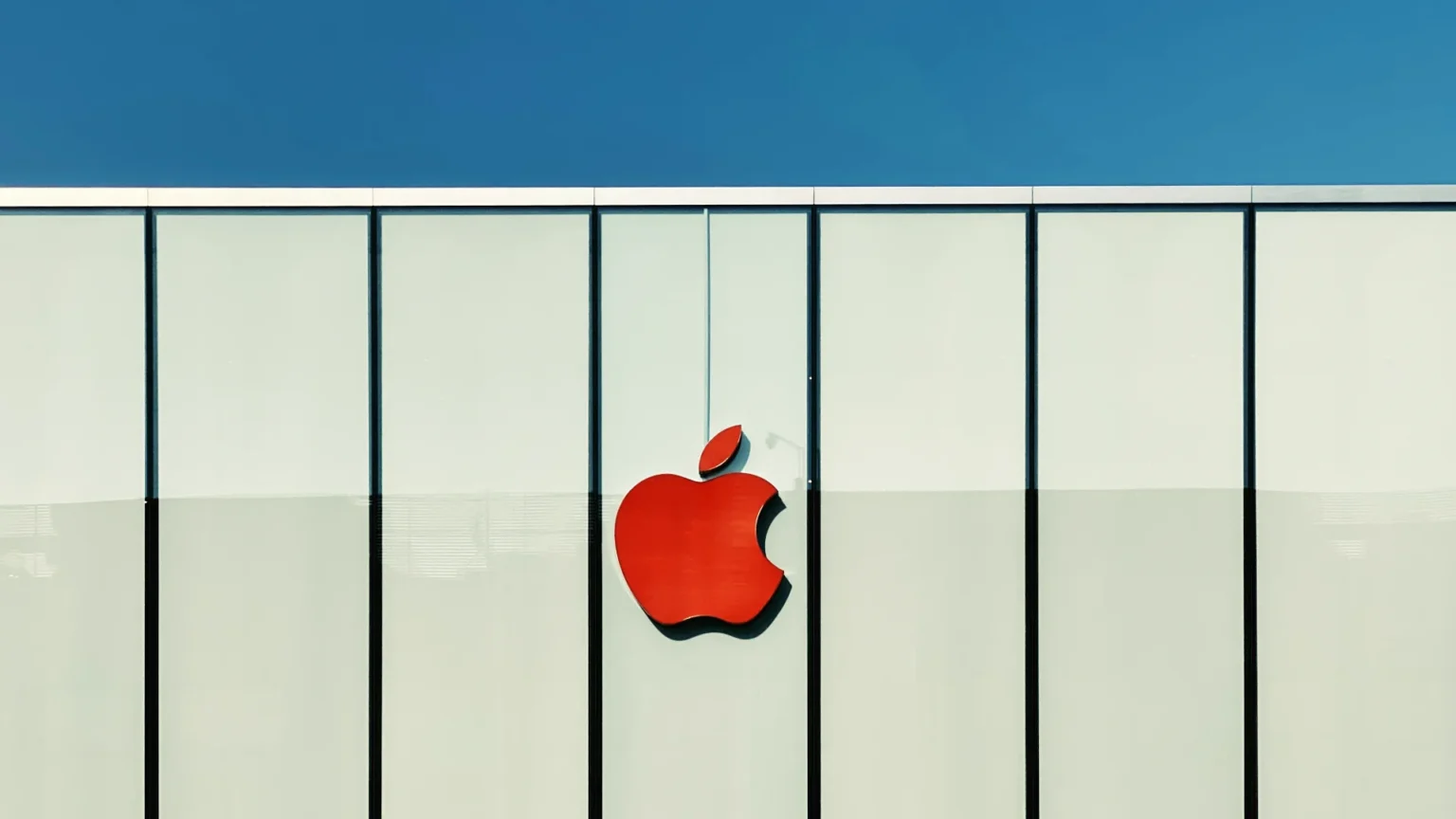Apple is introducing new rules for developers on the App Store within the European Union. The changes are intended as a response to the requirements of the EU’s Digital Markets Act (DMA), but in practice are a tactical manoeuvre rather than a full opening up of the platform.
From now on, app developers will be able to redirect users to third-party payment systems with no limit on the number of links. Developers who opt for this model, however, will pay Apple a fee of between 5% and 15%. For purchases made inside the App Store, the company will still charge a commission – 20% as standard and up to 13% for small businesses.
Formally, the changes are intended to comply with the DMA and avoid hefty fines – as much as €50 million per day. In reality, Apple is trying to minimise the impact of the regulation on its business model by not abandoning the fees, but only varying their structure.
This move, although in line with the letter of the law, may not satisfy European regulators. The European Commission has said it will carefully assess whether the new conditions meet the requirements of the law and is encouraging feedback from the market. Apple has previously paid a €500 million fine for actions deemed anti-competitive.
Apple’s move shows just how difficult it is for the giant to transform its App Store model. While the regulations are aimed at increasing competition and lowering costs for users and app developers, Apple is not about to give up control without a fight. The new policy is an attempt to reconcile the obligation of openness with maintaining revenue – the App Store generated more than $85 billion in 2023, much of which came specifically from payment commissions.
The European market is becoming a laboratory for change that could spill over into other regions – although for now Apple is betting on minimal and cost-laden solutions. This is a test not only for the Cupertino giant, but also for the effectiveness of European regulations in really shaping digital competition.












